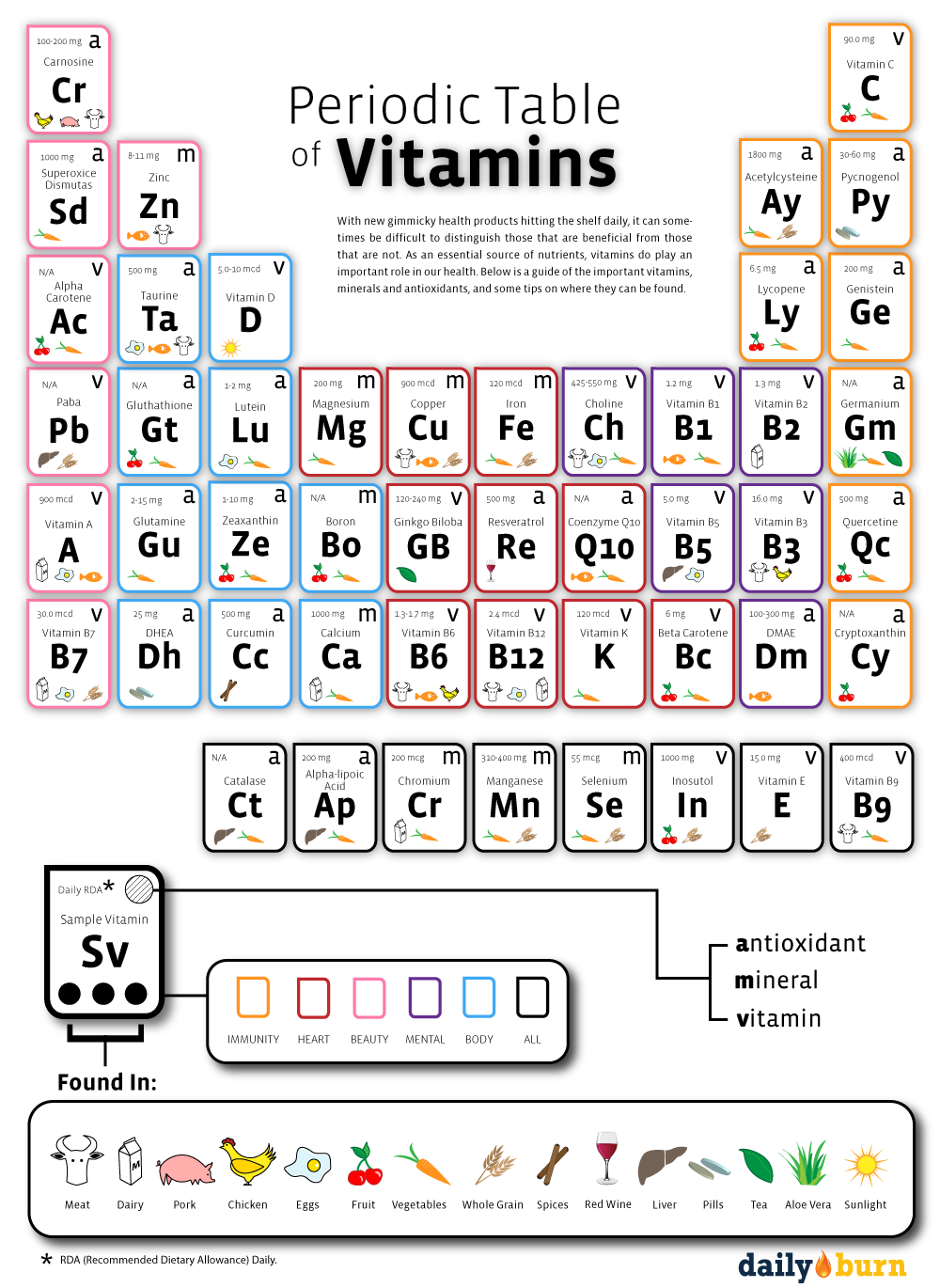The Role of Vitamins and Minerals in Energy Metabolism and Well-being
SOURCE: J Int Med Res. 2007 (May); 35 (3): 277–289
Huskisson E, Maggini S, Ruf M.
King Edward VII Hospital,
London, UK.
Physicians are frequently confronted with patients complaining of fatigue, tiredness and low energy levels. In the absence of underlying disease, these symptoms could be caused by a lack of vitamins and minerals. Certain risk groups like the elderly and pregnant women are well-recognized. Our aim was, therefore, to find out if other, less well-established groups might also be at risk.
Thus, the objectives of this review are: to describe the inter-relationship between micronutrients, energy metabolism and well-being; identify risk groups for inadequate micronutrient intake; and explore the role of micronutrient supplementation in these groups. A review of the literature identified an important group at risk of inadequate micronutrient intake: young adults, often women, with a demanding lifestyle who are physically active and whose dietary behaviour is characterized by poor choices and/or regular dieting. Micronutrient supplementation can alleviate deficiencies, but supplements must be taken for an adequate period of time.
From the FULL TEXT Article:
Introduction
Every doctor is familior wi1b the patient who presents complaining of a lack of energy. tiredness and exhaustion, and for whom thorough examination and even routine laboratory tests do not provide a satisfactory explanation for their symptoms. Without any underlying diseases, might these symptoms be caused by a lack of vitamins and minerals?
There are more articles like this @ our:
Research in the latter half of the 20th century has dramatically increased our understanding of the biochemical processes of cellular energy generation and demonstroted the fundamental role of a large number of vitamins and minerals as coenzymes and cofactors in these processes. This paper is based on the recognition that a lack of micronutrients may impair cellular energy production, resulting in symptoms of tiredness and lack of energy. In the first part of the paper, we summarize the current understanding of the role of micronutrients in energy generation and discuss the implications of micronutrient deficiency for energy and well-being. In the second pent of the paper, we discuss the potential role of micronutrient supplements in improving the well-being of patients complaining of lack of energy and whether doctors should recommend such supplements.
This review focuses on ‘healthy’ adults with active and demanding lives. It refers only briefly to athletes and sports performance, because comprehensive reviews about these groups and their specific needs can be found easily in the literature. For the same reason, we will also exdude very well-known risk groups. such as the elderly and those with vitnmin B12 and iron deficiency.
Read the rest of this Full Text article now!


Leave A Comment